Academic Environment
The pre-scientific methods teachers use
Pre-scientific methods are those that are not founded in any scientific research or theory. These are methods that have not been tested for their applicability or validity. When the teacher uses them they posses the likelihood of inhibiting or preventing learning we shall mention a few of them here.
1. Certain Habits
There are certain habits, which are pre-scientific, and if used by the teacher could be detrimental to learning. This are habits like unprepared. A teacher may imagine that there is no need to prepare for a lesson because he has taught the lesson for many years and therefore has a control over the content. This teacher may not take time to prepare the lesson plan or lesson notes and therefore goes to the class with the textbook alone. This teacher cannot run an effective lesson because of being unprepared. Although it is true that he has taught the content for many years it is important to take time and interact with the content by making a lesson plan.
2. Pre-established belief
Teachers or schools heads may hold certain in pre-established beliefs which can inhibit learning. There is the belief that anybody can teach anything. The school heads who hold this belief will allocate teachers subjects that they are not comfortable teaching. For example a teacher could be very good in teaching physics and since physics is a science he could be allocated to teach all the sciences. This will result in the teacher producing poor results in those subjects where he lacks competence. There is also the issue of the relying on untrained teacher because they will not ask to be paid a lot of money. These teachers may have the potential of being good teachers but their untrained state translates into poor performance. Also they do not posses the appropriate methods of dealing with many aspects of the student’s life in the school.
3. The use of common sense
This is yet another pre-specific belief. Teachers who lack the training in educational psychology may rely on the use of common sense. For example, they may hold the belief that any student can learn anything they are not aware that for a student to be able to learn there are many variables that interact in highly complex ways to promote or hinder him from learning. These variables are the learner’s intellectual giftedness which may be genetically determined, the learner’s motivations, interests, needs and values. The teacher has to understand the learner very well in order to be able to determine what he can learn and the condition understand under which learning will occur.
4. Personal impression
There are personal impression which are pre-scientific and which will inhibit learning. This teacher may have biased perception of particular learners or a class in general. He may believe that a certain learner or a class is bad or poor. This belief may be a result of staff-room tales. A teacher with these impression is likely to cultivate very negative attitudes towards the learners. The negative attitudes affect his interactions with the learners both inside and outside the classroom. This will promote the development of hostility between the teacher and the learners and as a result learning and adjustment is affected negatively.
5. Popular beliefs
Every school has its own popular beliefs. One such belief is that learners cannot be disciplined unless they are punished. A teacher with such a belief relies on punitive measures in his interactions with learners. Reliance on punishment has very many negative effects on learners. It is responsible for the development of hostilities and negative emotions between the teacher and the learners and its effects on learning are negative. They hinder learning and also promote the development maladjustment to school.
6. Folklore
Folklore refers to the staff room tales. When the teachers are in the staffroom they tell each other stories about students. These stories may be told by a teacher or teachers who have problems with a certain class or certain pupils. The stories may be full of biases, prejudices and negative attitudes towards the students. These stories may be about the teacher’s beliefs towards the students. He may believe that the students are disobedient, lazy, poor academically, rude or even outright bad. The teacher with these beliefs wishes to bias the other teachers so that they too can hold the attitudes he holds. If other teachers too assume the same biases them approach students negatively and as a result learning and teaching are grossly affected. These teachers approach students in a hostile manner, which in turn affects both achievement and adjustment to school.
7. Subject-centered approach
The teacher who uses the subject-centered approach forgets that the content is meant to be imbibed by the learner. They focus on the coverage of content. This teacher is also teacher centered while the learner takes the passive role in the learning-teaching process. What happens in this situation is that the learner is also lost most of the time and he lacks competence and motivation to learn the content. This results in the learner’s disorientation and failure to achievement and adjustment to school.
8. Drilling
Drilling is a method of teaching that relies on rote memory. Rote memory refers to commitment to memory meaningless content. Students who are subjected to drilling, concentrate in the passing the examination only. They do not learn the meaning or usefulness of the content learned. They find it difficult to use or apply the knowledge in life situations. The traditional methods of teaching mathematics and science relied a lot on drilling accompanied by heavy punishment for those who failed to master the content. Inherent with the drilling methods was the concept that only a few bright students were able to cope with it. As a result the teacher concentrated his attention on the few warm it up for the capable ones.
Questions
0 Comments
What the focus areas of Educational PSYCHOLOGY?
The focus area can also be referred to as the elements of teaching —learning situation.
They are
1. The subject matter
The subject matter refers to the content For the content be learned with ease, it needs to be selected, organized and presented in a manner that makes its learnable.
The teacher should also deliver the content in fluent and clear communication. In order to succeed in this task. The teacher should take into account the level of difficulty of content for the class level in order to ensure learners assimilate the content. 2. The learner
The learner is a very important element in the teaching -learning process. Without him nobody is learning and of course if nobody is learning there is no teaching. For this reason the teacher should understand learner characteristics.
The learners in any classroom situation bring differences in personality-learning styles, experiences, level of motivation, abilities, emotional dispositions, cognitive styles and perception. They bring differences in social economic backgrounds -Cultural orientation, religious and family backgrounds as well. For these reasons the teacher needs to use appropriate psychological theories and principles in order to understand each learner and his personality dynamics. He needs to understand learners in general and social dynamics that promote learning for each of the learners. 3. The learning process
This is the process by which people acquire changes in behavior, improve performance, reorganize their thinking, discover new concepts and information. The learning process involves everything that people do when they Learn. From educational psychology the teacher gets to learn how pupil think and perceive, remember and forget. The teacher gets to know the conditions that make these behaviors probable and also the conditions that inhibit them. With this knowledge the teacher can ensure that learning has all the chances of occurring.
4. The learning environment
The learning environment refers to the surroundings in which the learner finds himself in and in which the learning process takes place. The learning environment can also be defined as any fact that affects the learner or the learning process. This refers to the facilities that are provided for learning. The facilities may be adequate or inadequate for the use they are put in. They may be safe or unsafe, comfortable or uncomfortable
appropriate or inappropriate. 5. The social climate
When we consider learning environment, we need to focus on the social climate as well. This is a very important factor as it helps to facilitate learning or to hinder it. The social climate refers to the human interactions that take place in any classroom situation between the teacher and the learners. The social climate can be cordial or hostile. The hostilities may exist between the teacher and the pupils. Hostilities can also take the
nature of intra and inter class .fights. A hostile relationship between the school and its immediate neighborhood can exist in situations where the school is characterized by hostile social environment learning and teaching are affected negatively. From the study of educational Psychology the teacher gets to know the relationship between the physical and social environment and their promotion or inhibition of learning. Activity
Review questions:
RELEVANCY OF EDUCATIONAL PSYCHOLOGYThe issue of relevance of educational psychology to the teacher is of great importance. The relevance emanates from the fact that teachers in the school do not teach Educational Psychology. They teach other disciplines . For example, English Language, Mathematics, Kiswahili, Biology, Geography, Physics, Chemistry etc. These are languages, humanities, sciences and practical subjects. These are disciplines that require scholarships. This means that a teacher may be very good in scholarship achieving high grades in the area of academic pursuit. Another teacher could be an average achiever in scholaship while another one merely passed his examinations. Given this scenario, it is inevitable for one to wonder whether the person with excellent performance in scholarship will of necessity become a good teacher while the poor scholar consequently becomes a poor teacher. The other issue of concern is whether teachers are born or made. Focusing on these concerns one remembers the joke about teachers and jobs, which goes like this; " those who can find jobs do them , those who do not find jobs, teach, while those who cannot teach, 'teach teachers'. It is imperative to ponder on these issues in order to install educational psychology on its rightful place. Therefore, it is important to point out that being a brilliant scholar does not necessarily make on a good teacher, neither does a poor scholar make a poor teacher. The difference between a poor teacher and a good one is made by the knowledge and application of Educational Psychology. Educational psychology equips the teacher with the scientific approach to learning and teaching. It equips the teacher with scientific and practical insights into the various aspects of the learning-teaching process. The scientific approach enables the teacher to know what can be done in the learning-teaching process. He gets to know what will work and what will not work and why some approaches work while others fail totally.
The teacher gets to know and to as well as apply what consists realistic goals for learning and teaching. With this knowledge, the teacher learns to avoid the use of pre-scientific methods in the learning - teaching process. Areas of educational psychology Since educational psychology is an applied science, i.e. it borrows from a wider field of psychology, the following are some of the areas educational psychology borrows from. 1. Cognitive psychologyCognitive psychology is a branch of psychology that deals with the mental processes that are involved in understanding behavior. These are thinking, remembering, forgetting, problem solving and perception. From this area of psychology the teacher applies the principles of enhancing memory of learned material. He also learns what to do in the learning situation in order to minimize forgetting of the learned material. 2. Developmental psychologyDevelopmental psychology is a science that studies the changes that take place in the lifetime of a person. The changes take place in the body from the time of conception through uterine life, infancy, early childhood, adolescence, young adulthood, middle adulthood, and later childhood, aging and dying. Developmental changes also take place in the intellectual dimensions. These changes refer to the development of thought and the ability to acquire knowledge and use it throughout the chronological and mental ages of children. In this dimension, the child develops intellectually. For example; purgation stages of cognitive development according to Piaget, child development is based on the reflexes that are present at bail. These reflexes lead to the sensori motor that is present from birth to two years of age. Intelligence from sensori motor stage of cognitive development, the child develops pre-operational reasoning, concrete operations and formal operational stage. These stages are well covered in the Human Development course. Our duty here is to point out that the teacher applies the knowledge of the child which also helps the teacher to gauge the level of difficulty of content so that he can organize teaching and learning activities that present the right level of difficulty to learners. From the Purgation theory, the teacher also derives the teaching procedures that are appropriate to the level of cognitive development of the learner. For example, if learners are concrete thinkers then the teacher uses concrete things in teaching them but if the learners are formal thinkers, then the teacher can use abstract concepts. The application of information gained from cognitive psychology makes teaching and learning very effective. From developmental psychology the teacher understands the learner’s emotional, social and moral development. With this understanding, he is able to develop learning activities that help the learner to develop positively in these areas. This ensures that the learner is well rounded in development intellectually, physically, socially, morally, emotionally and even spiritually. 3. Social psychologySocial psychology refers to the study of social interactions and their influence on individual and group behavior. From social psychology, the teacher understands how attitudes are acquired and changed. For example, how learners acquire positive and negative attitudes towards a teacher, a subject, a school or even the schools’ administration and how the acquired attitude affects learning and adjustment to school. From social psychology, the teacher gains insights as to how biases and prejudices are acquired and how they can affect learning. The teacher also acquires information regarding how friendships develop and how friendships are maintained. This has a bearing on the learners’ social adjustment and acceptance by the peers and its effects on learning. 4. Psychometric psychologyPsychometric psychology deals with the measurement theory, which equips the teachers with the skills needed in the measurement and evaluation of relevant variables. These are variables like achievement and personality traits in educational settings. Equipped with the measuring skills the teacher is able to evaluate learning and to make the necessary adjustments so that effective learning takes place. 5. Personality psychologyPersonality theories are concerned with individual differences. They `explain why each learner is unique in terms of his needs and his personality traits. Information gained from the personality psychology equips the teacher with the tools he needs in terms of understanding each learner particular and learners in general. This understanding helps the teacher to organize learning experiences that carter for each learner. This is important since the teacher deals with learners with differences in intellectual ability, emotional experience and expression, moral thinking and behavior, sociability and other traits that learners bring to class. 6. Mental hygieneMental hygiene refers to those factors that promote the child’s adjustment. These factors may exist in the home, in the school among peer and in the community and may operate to promote or hinder learning and adjustment. The teacher who is aware of these factors will be prepared to handle any problem that arises from any of the possible angles and help the learner to cope adequately in situations.
Guidance and counseling are major concerns of mental hygiene. The teacher who can both guide and counsel learners will help to promote appropriate methods of solving problems and dealing with the stresses of daily living in the learner. THE CONCERNS WITH EDUCATIONAL PSYCHOLOGY
activity
WHAT IS EDUCATIONAL PSYCHOLOGY?We cannot pretend to know educational psychology before we know what is psychology. What is psychology?Psychology is defined as the scientific discipline that studies animal and human behaviour and mental processes. As a science, psychology is used in the understanding of behaviour, prediction of behaviour and control of behaviour. Behavior can be defined as anything we do, such as thinking, talking, sneezing, sleeping, loving and so on. Behavior psychology has many branches and approaches. The following are some of the branches of psychology:
Definition of education psychologyLooking at these branches of psychology, we can deduce that educational psychology is one of those branches of psychology. It is one of the newer branches of psychology which is slightly over a century old. [Woolfolk, 1998]. Educational psychology is defined as an applied branch of psychology concerned with the application of the principles and techniques of psychology to the solution of the problems confronting the teacher an the classroom. [Gage/Berliner, 1992] Educational psychology is also defined as the study of what people think, do and feel as they teach and learn in a particular environment where education and training are intended to take place [Woolfolk, 1998]. As an applied branch of psychology, Educational psychology focuses on the psychological study of everyday problems of education from which the teacher derives principles, models, theories, teaching procedures and practical methods of instruction and evaluation. This involves the selection from the total field of psychology of those facts, principles and techniques, which relate to the teaching-learning process as they operate in and out of the classroom. Although Educational Psychology borrows heavily from psychology, it has evolved as a distinct science with its own methods and theories
|
RSS FEEDS
ARCHIVES
Archives
May 2024
CATEGORIES
Categories
All
|
We Would Love to Have You Visit Soon! |
Hours24 HR Service
|
Telephone0728 450425
|
|
8-4-4 materialsLevels
Subjects
|
cbc materialsE.C.D.E
Lower Primary
Upper Primary
Lower Secondary
Upper Secondary
|
teacher support
Other Blogs
|
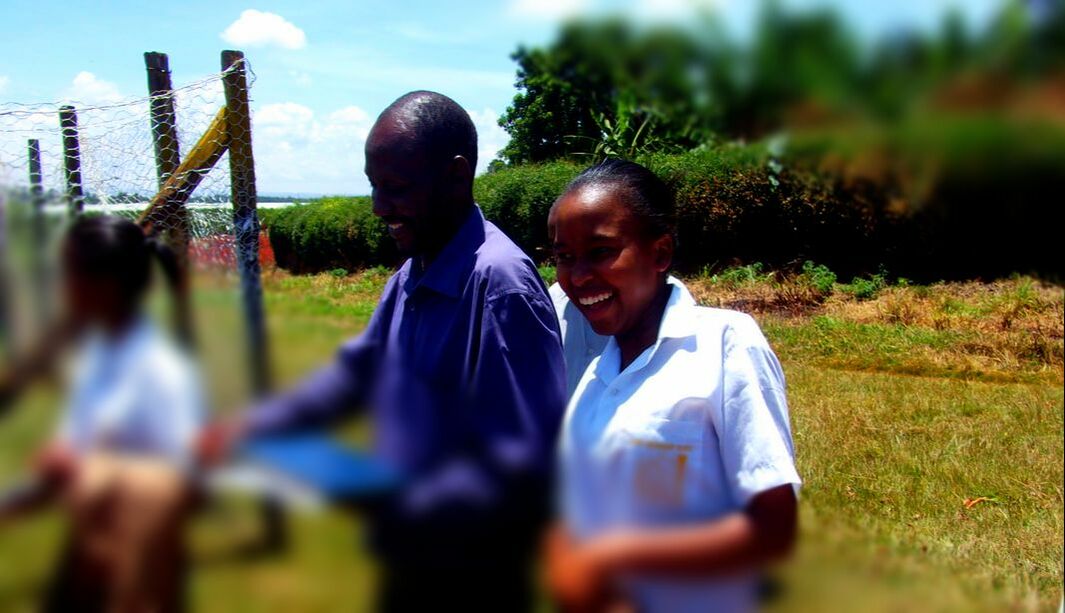
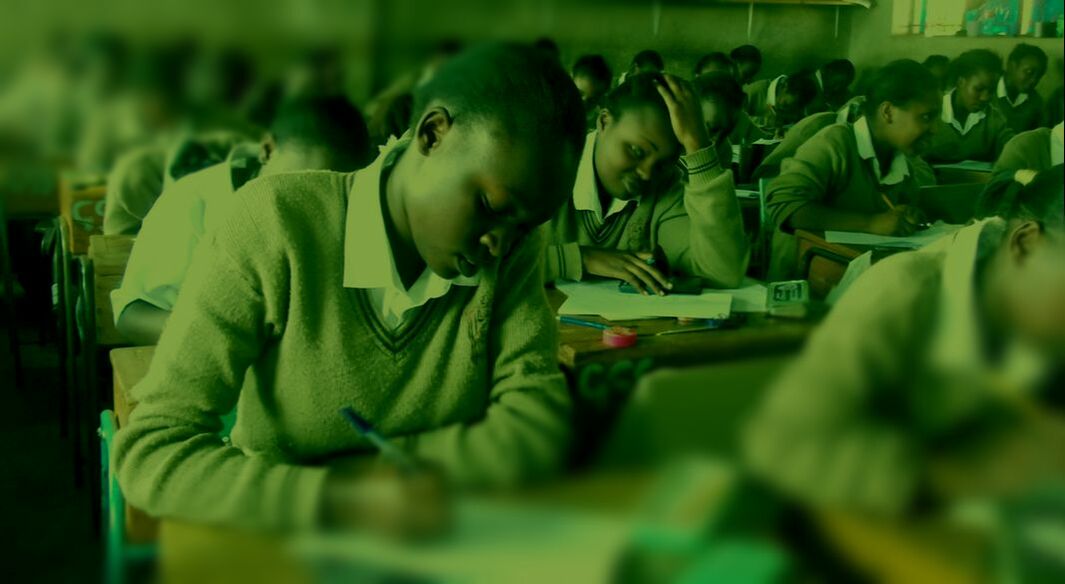

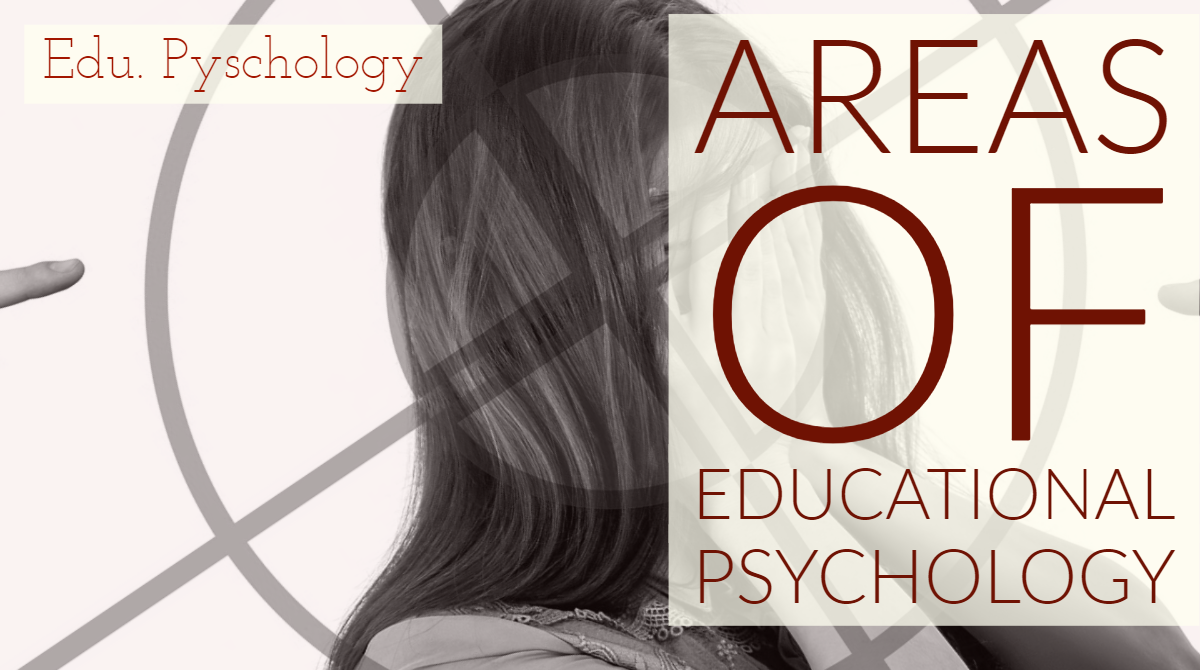
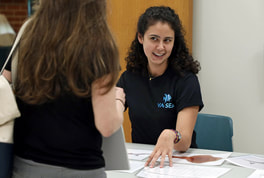
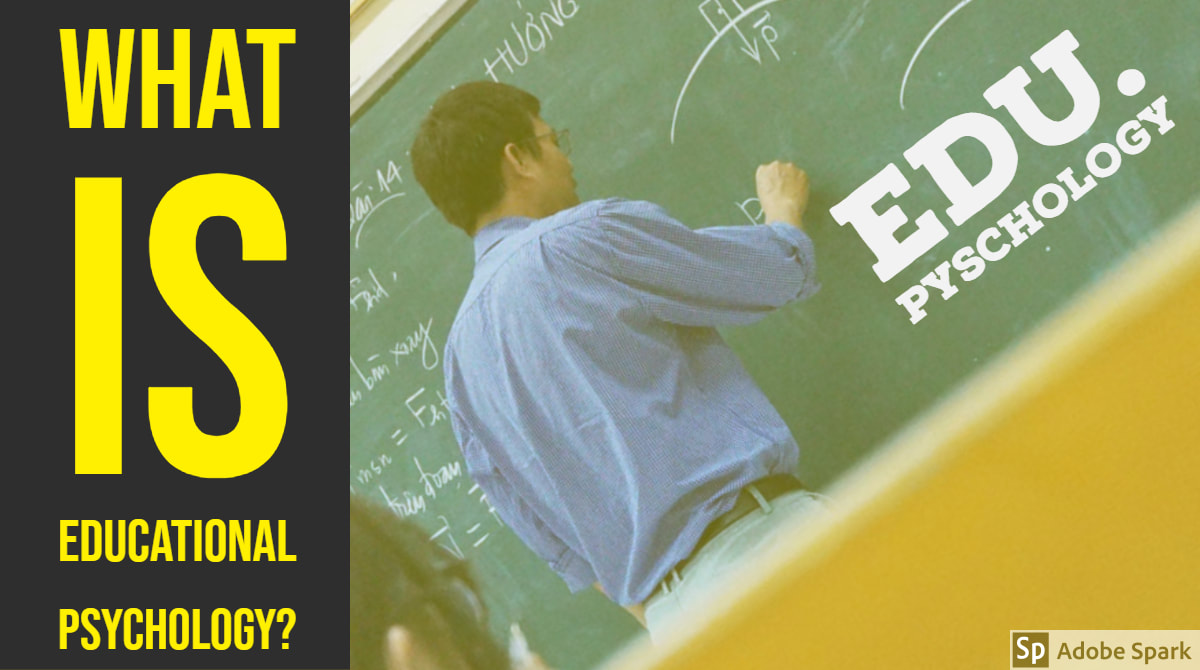
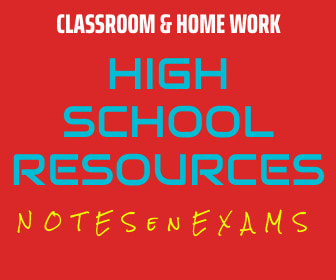
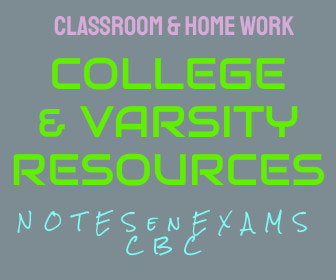
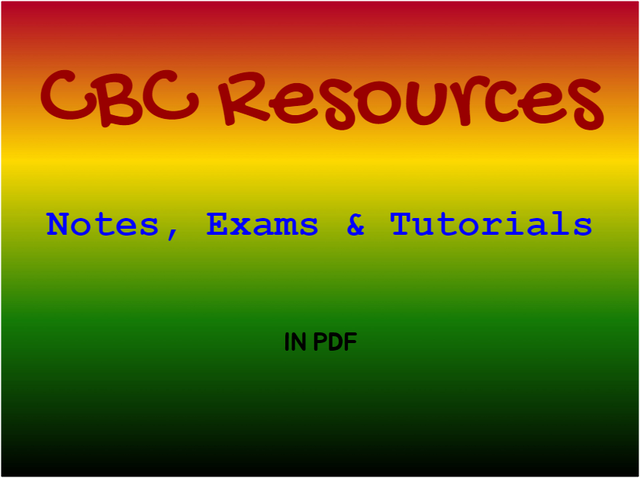
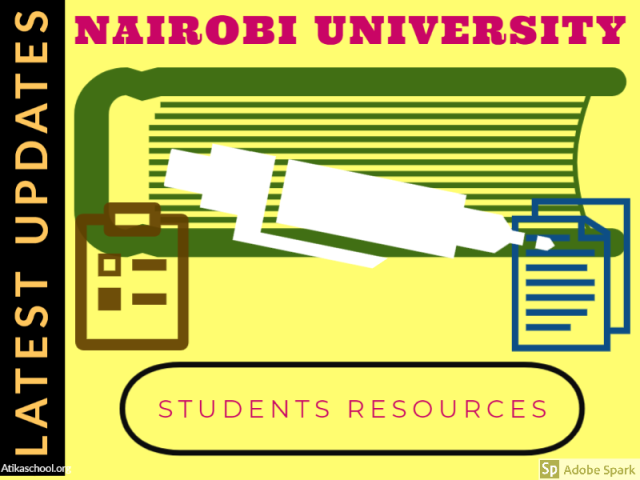
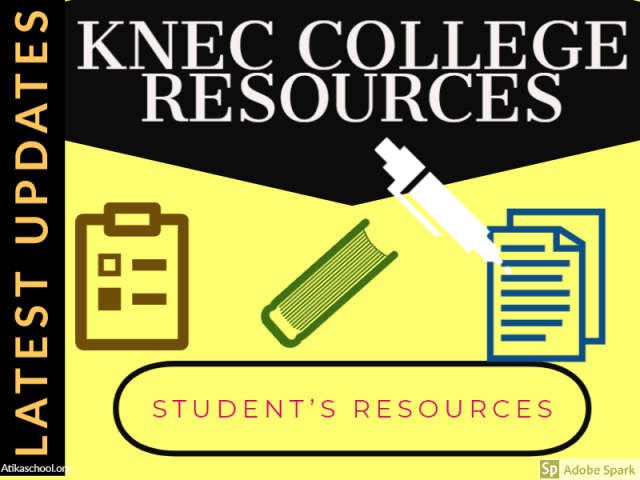
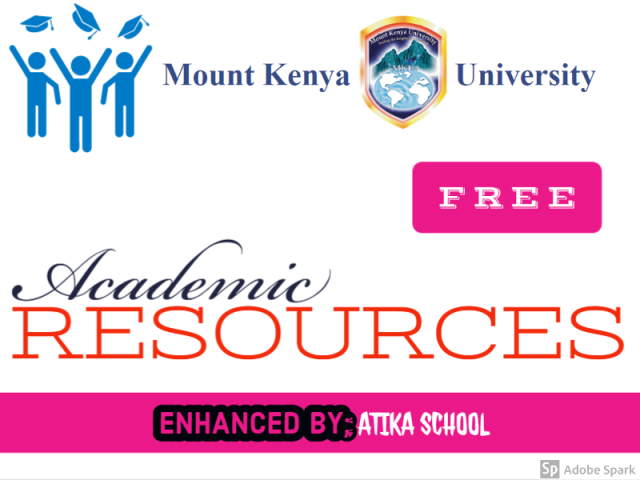

 RSS Feed
RSS Feed